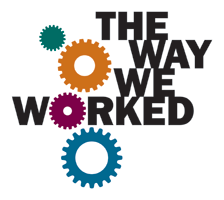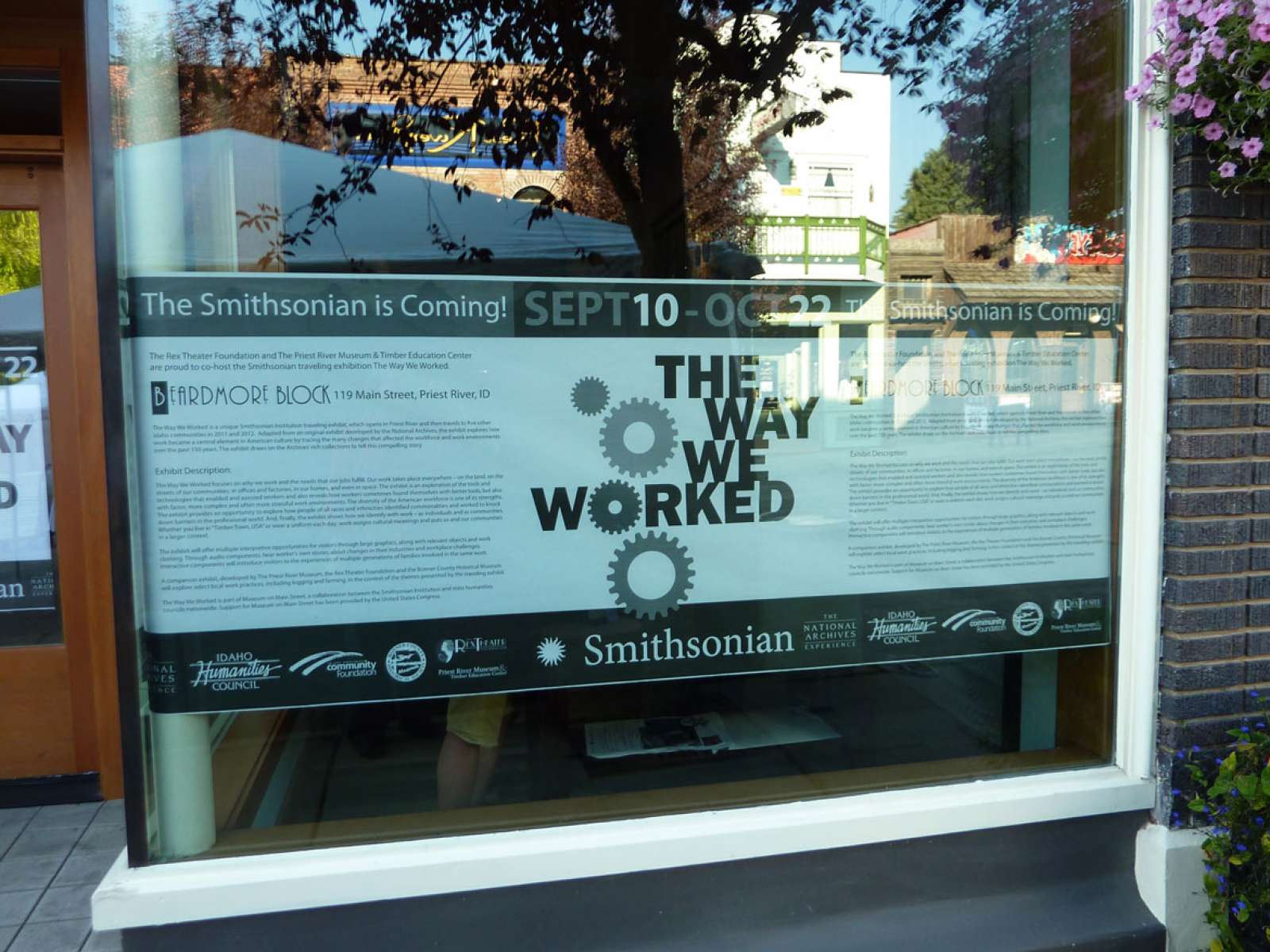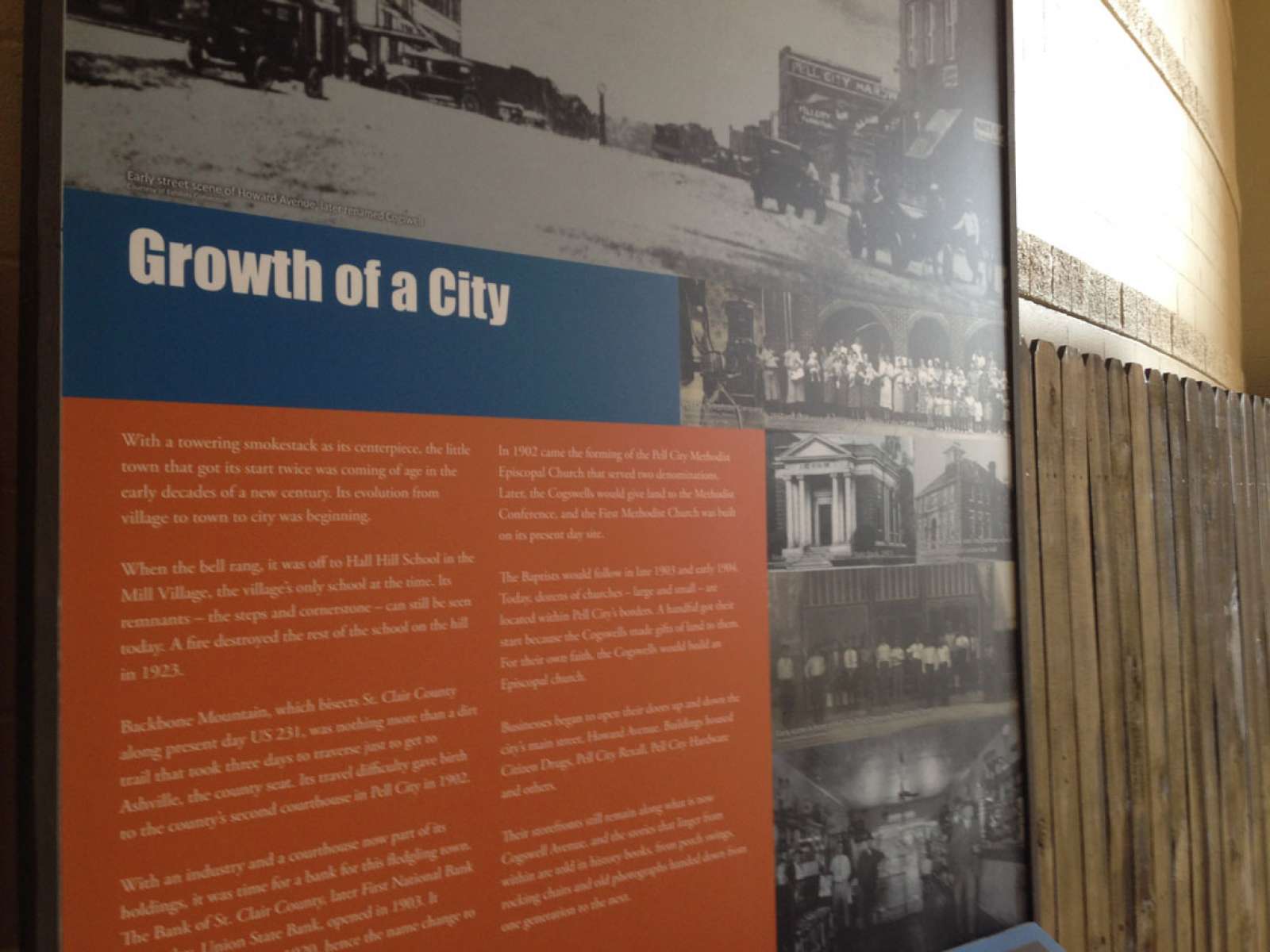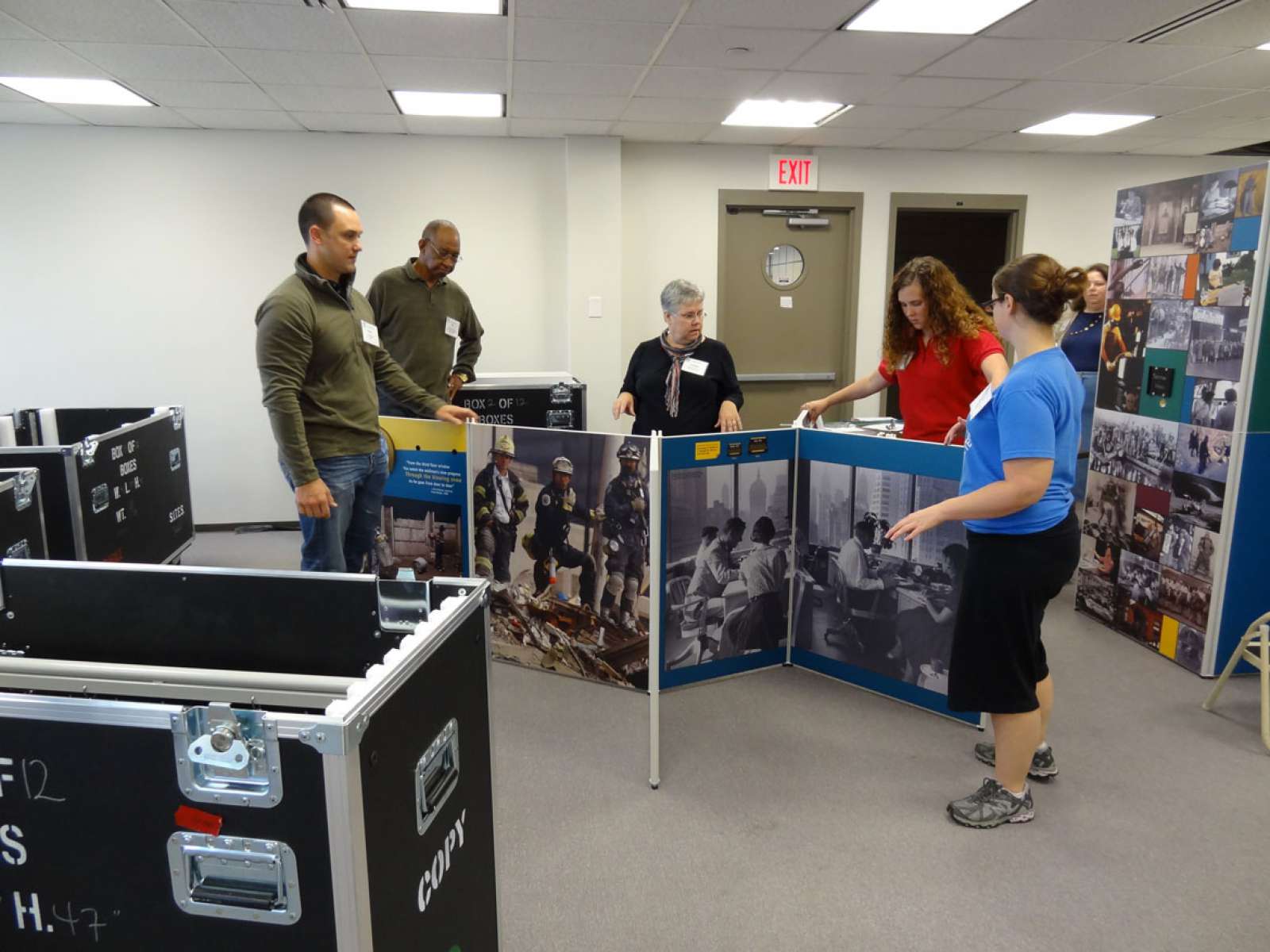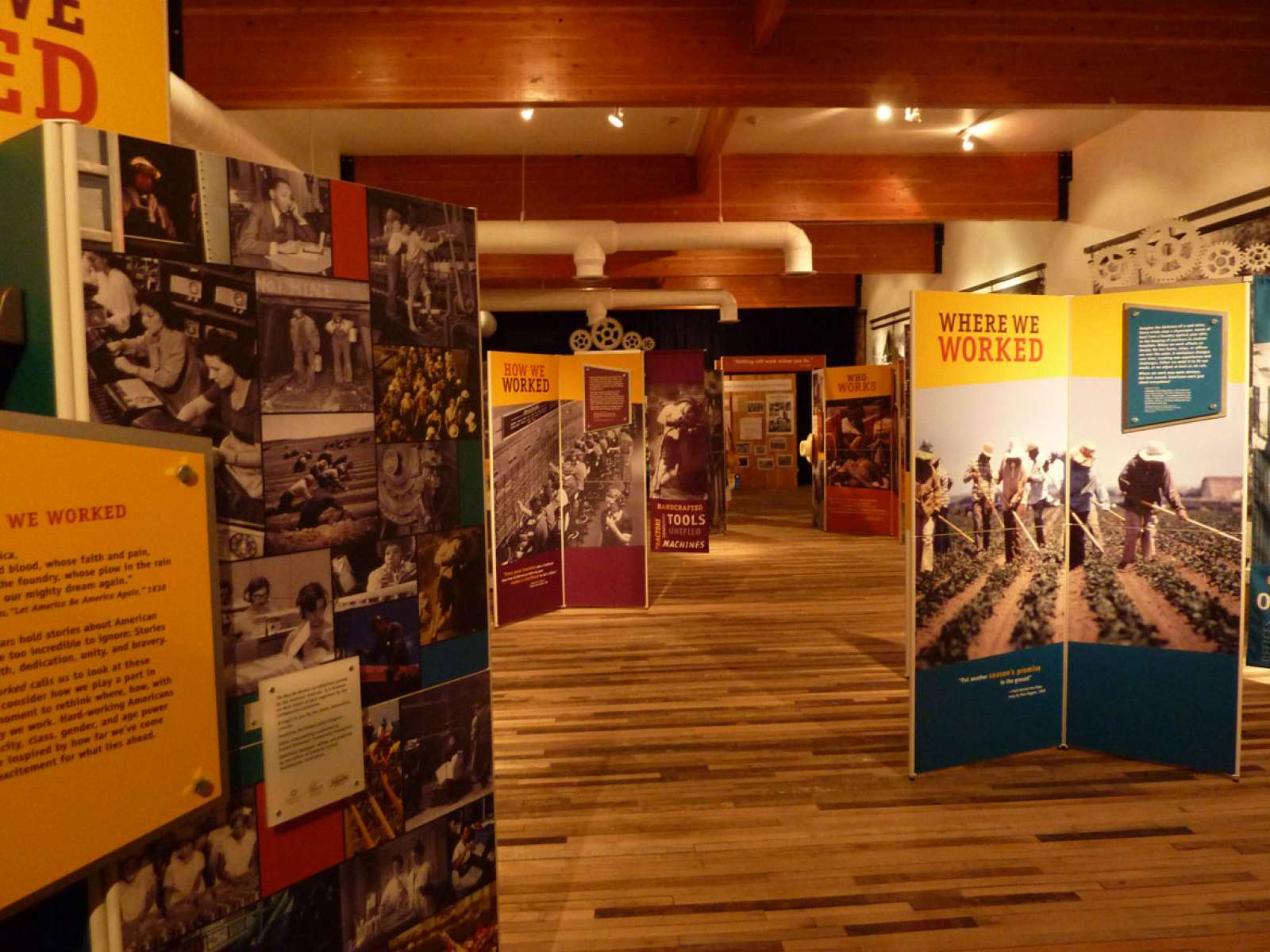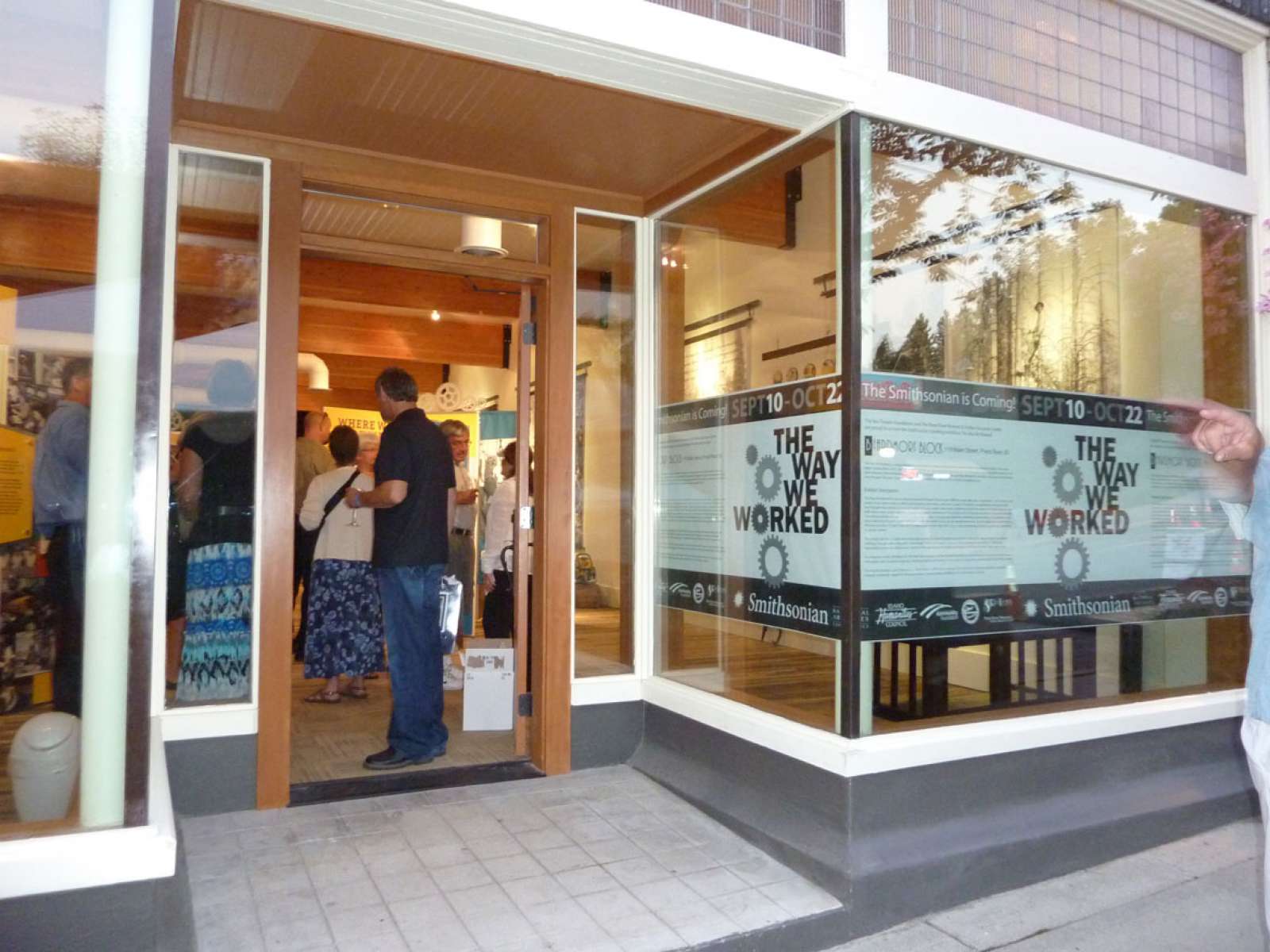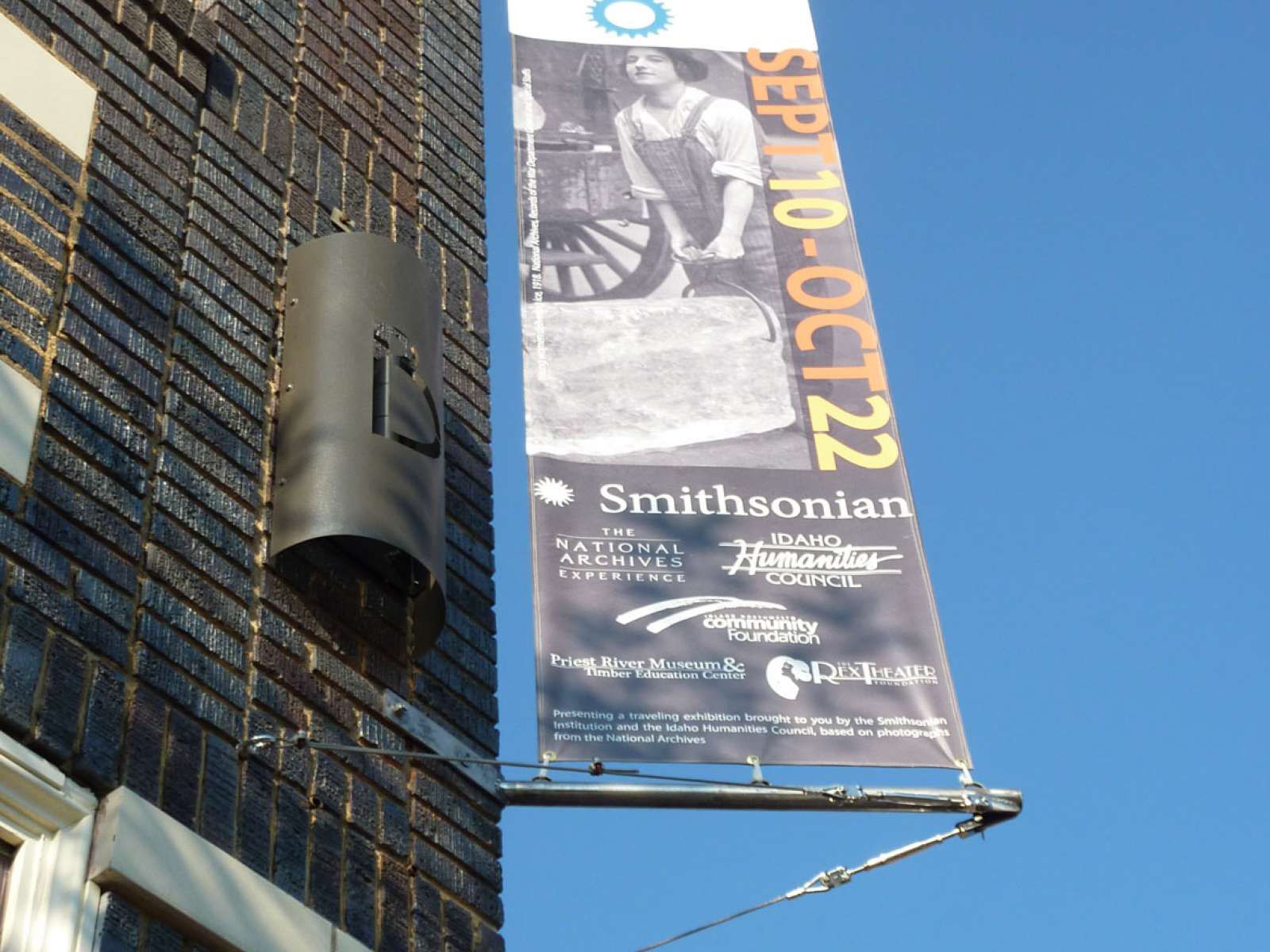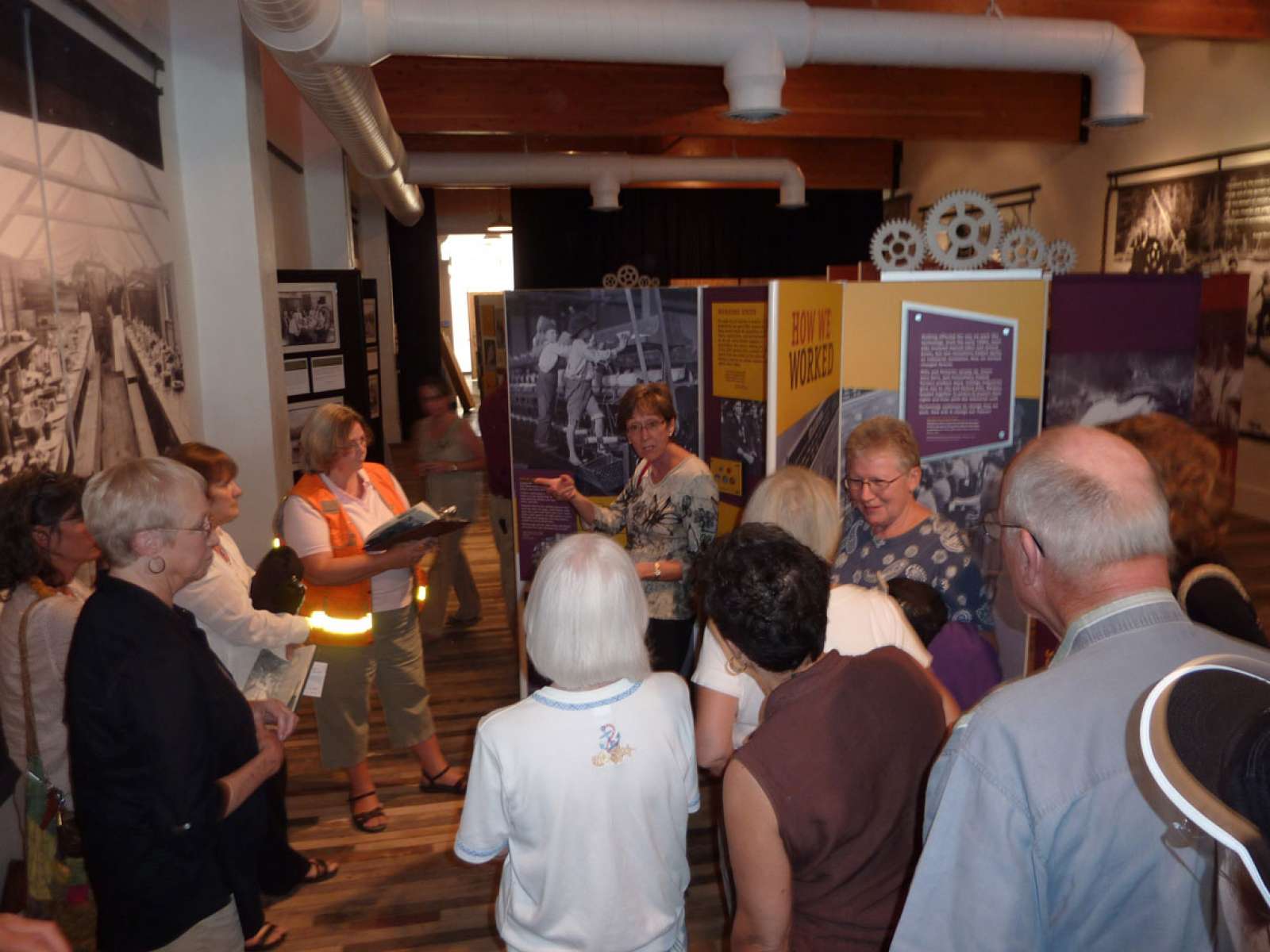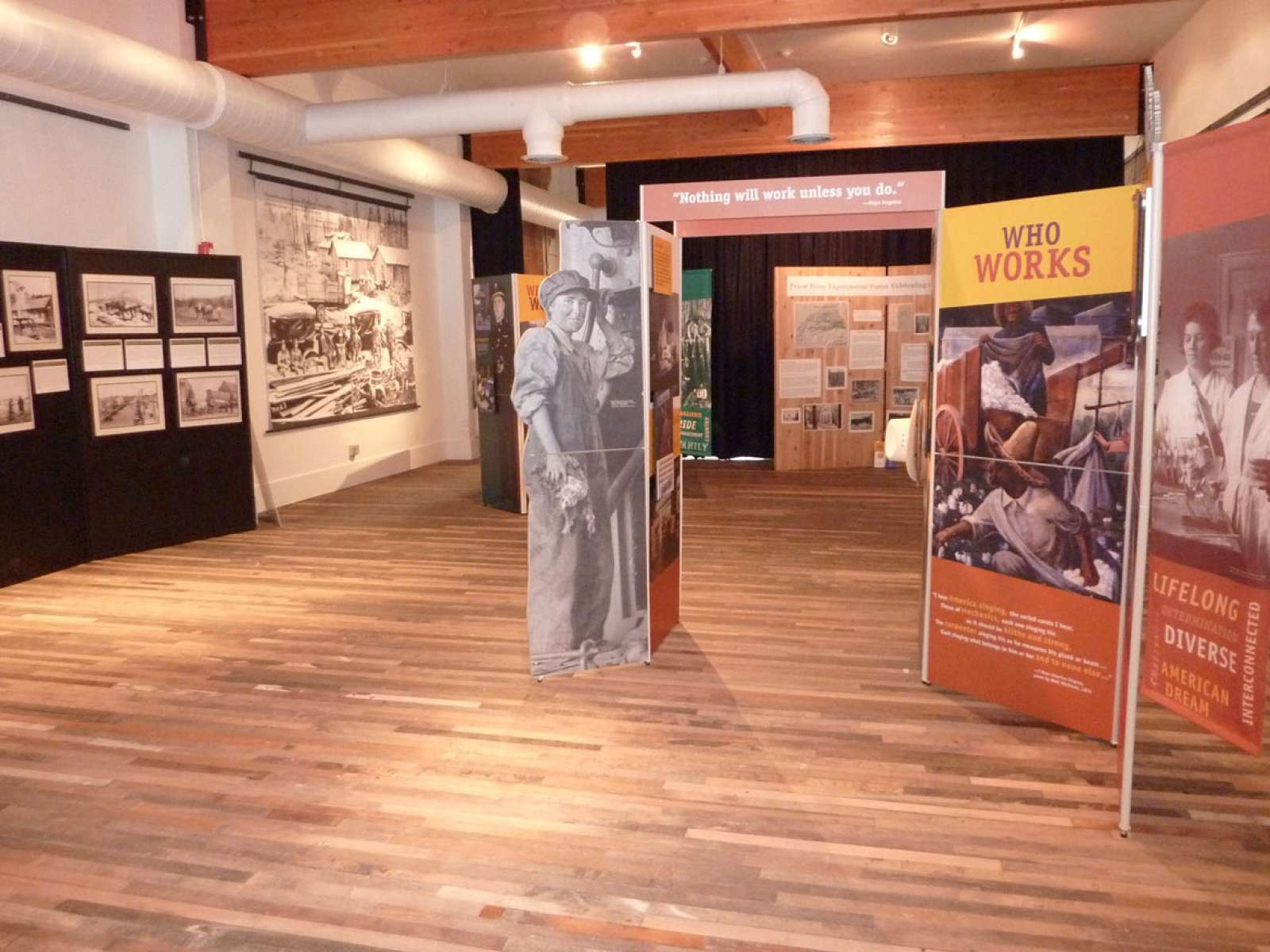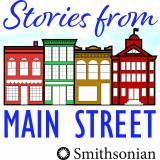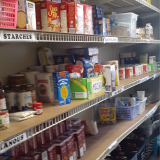The Way We Worked
#TheWayWeWorked
Workers are the backbone of American society. Known for their strong work ethic, Americans invest themselves physically, emotionally, and intellectually in their work.
American jobs are as diverse as the American workforce. The opportunity provided by work is central to the American dream and has attracted people to better lives in America. With strength, ingenuity, creativity, thoughtfulness, and heroics, American workers keep our economy and our society up and running.
The Smithsonian Traveling exhibition The Way We Worked, adapted from an original exhibition developed by the National Archives, explores how work became such a central element in American culture by tracing the many changes that affected the workforce and work environments over the past 150 years. The exhibition draws from the Archives’ rich collections to tell this compelling story.
Read MoreThis exhibition covers many themes, including:
Imagine the darkness of a coal mine, the fierce winds atop a skyscraper, the heat of a foundry against your skin, or the noises and bustle of a hospital. Americans work nearly everywhere. Every workplace brings different experiences and challenges. Where we work affects when we work, with whom we work, and the way we work.
For most of human history, people did their jobs by hand or with the help of basic tools. Beginning in the late 18th century, the Industrial Revolution introduced huge labor-saving technologies and increased our productivity. Farm tools and machines made the round-the-clock work of farming less labor-intensive. We produced more goods, more cheaply, and in less time than ever before.
This revolution also moved many people away from the countryside and into urban factories and mills. Efficiency sometimes meant little regulation with long work hours, low pay, and scant attention to safety. Workers saw collective action as their best protection and fought for change. Technology continues to change the landscape of our nation and our workers along with it.
Our diverse, interconnected workforce is a key part of our nation’s story. Every person’s talent and perspective adds a new facet. No specific age, gender, class, or ethnicity typifies American workers. This diversity remains strong because American workers dream big and work hard. Americans search for new opportunities to build a better future. New immigrants seek to fulfill their dreams through work. Everyone can enrich the picture. Together, America works.
Does your job tell others something about you or where you live? Work conveys a sense of identity for workers and communities. Workers often develop strong, lasting, personal and professional relationships on the job that help them succeed or create safe workplaces. Those relationships extend into neighborhoods and towns, bonding families in a shared experience. For some, work becomes an important part of an individual’s own self-image. Even work clothing is a sign of identity.
A community’s identity is often reflected by its prominent industries. Local history and traditions are tied to the identity, pride, successes, and failures of that workplace. Communities can celebrate these connections or distance themselves from work history in the area.
Looking For Exhibition Resources?
Visit our Resource Center for Exhibition Guides, Lesson Plans, Scavenger Hunts, Reading List, Docent Handbooks, Free Posters, and more!



